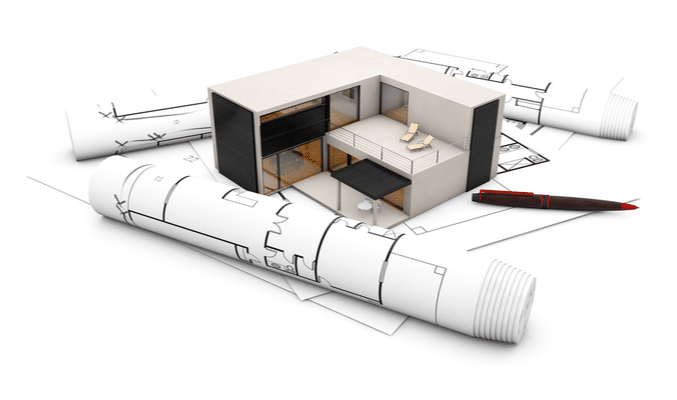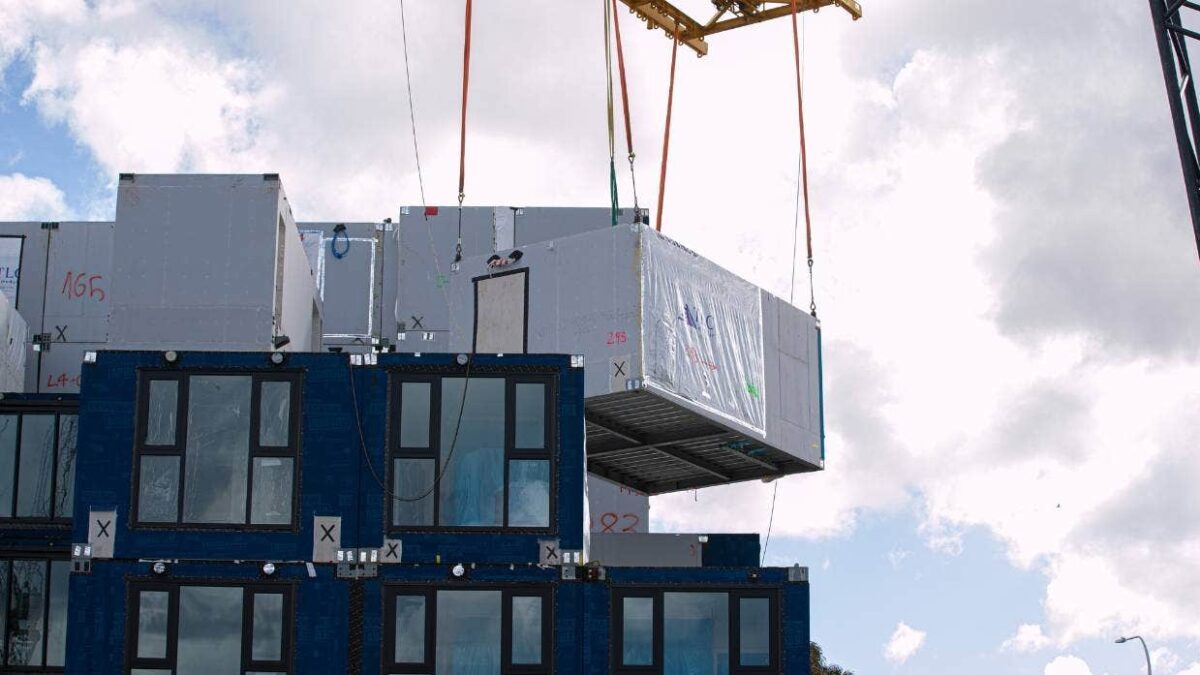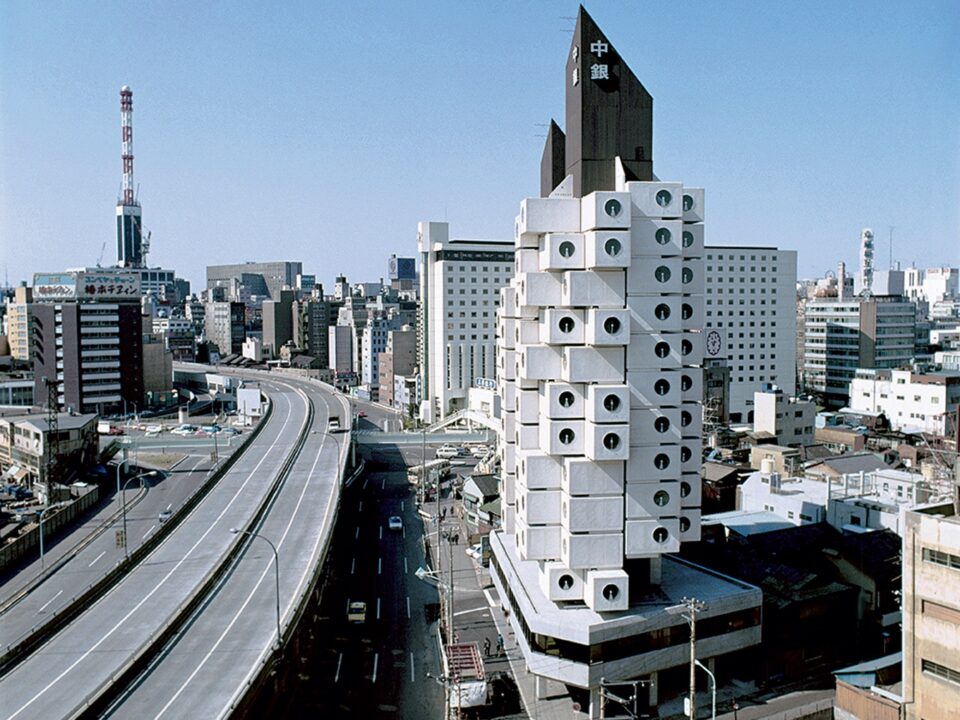
Overcoming 6 Fears About Modular Construction
August 30, 2023
A Century of Modular Innovations: A Journey Through Architectural Evolution
September 4, 2023Part of the Solution:
Embracing the Advantages of Modular Building
In the ever-evolving landscape of the construction industry, where technology and innovation are driving change at an unprecedented pace, modular construction has emerged as a beacon of efficiency and sustainability.
This forward-thinking approach revolves around the assembly of prefabricated modules, meticulously crafted in controlled factory environments and subsequently transported to the site for seamless integration, heralding a new era in construction practices.
To better understand the benefits and concerns with modular construction, we at Factory Modular have highlighted some key takeaways:

1. Streamlined Efficiency and Cost Savings
At the heart of modular construction lies a fundamental shift in the construction process. By fabricating building components in factory settings, construction timelines are streamlined, standardization is enhanced, and the potential for delays and costly errors is significantly reduced. This newfound efficiency not only accelerates project completion but also leads to substantial cost savings. Labor and material waste are kept to a minimum, signaling a departure from traditional construction methods and fostering a more resource-conscious industry.
2. Eco-Friendly Innovation
While efficiency remains a pivotal advantage, the environmental implications of modular construction are equally compelling. Factory production allows for stringent waste management and emission control, actively reducing the carbon footprint. Moreover, the use of prefabricated modules results in reduced demand for raw materials on-site, aligning modular construction with the growing global demand for sustainable building practices. This convergence of environmental and economic benefits has established modular construction as a key player in reshaping the future of the industry.
3. Unleashing Design Possibilities
Flexibility and adaptability are key tenets of modular construction that resonate with architects and designers. Unlike the rigid constraints of traditional construction, modular techniques empower creative minds to envision and execute innovative designs. This newfound freedom permits easy adjustments and the incorporation of novel ideas, fostering the creation of architecturally distinct structures that push the boundaries of convention.
4. Responsive to Changing Needs
Modular construction's inherent adaptability proves crucial in a rapidly changing world. As societal needs evolve, so do the demands placed on buildings. The modular approach enables swift additions or modifications to existing structures, mitigating the need for extensive demolitions and reconstructions. This not only saves time and resources but also minimizes disruptions for neighboring communities. It's a testament to the industry's commitment to responsible growth.
5. Elevating Safety Standards
Beyond its environmental and economic benefits, modular construction introduces a paradigm shift in workplace safety. By relocating a significant portion of the construction process to controlled factory environments, risks associated with on-site work are mitigated. Height-related accidents and manual handling are drastically reduced, fostering safer working conditions for laborers. This emphasis on safety is emblematic of the industry's progressive approach.
6. Gender Equity in Construction
A notable ripple effect of modular construction is its potential to address gender imbalances in the construction sector. By minimizing on-site labor hours through streamlined assembly, modular techniques can potentially attract a more diverse workforce. This inclusive approach represents a step towards bridging the gender gap in a historically male-dominated industry.
7. Addressing Concerns and Ensuring Quality
While the advantages of modular construction are compelling, it's essential to acknowledge and address concerns. Skeptics have voiced worries about the potential limitations of modular designs and the compatibility of prefabricated modules with various architectural styles. However, industry leaders have responded to these concerns with increased research, development, and collaboration. Architects and engineers are leveraging cutting-edge technology to ensure that modular designs are both aesthetically pleasing and structurally sound, silencing doubts and paving the way for wider acceptance.
8. A Glimpse into the Future
As we journey deeper into 2023, modular construction stands poised to play a transformative role in shaping the construction industry's trajectory. The fusion of efficiency, sustainability, design flexibility, and responsiveness to evolving needs positions modular construction as a cornerstone of construction's future. As architects, engineers, and builders continue to push boundaries and challenge conventions, it's clear that the horizon is brimming with opportunities for innovation and progress. Modular construction is more than a building technique; it's a testament to the industry's commitment to a dynamic, sustainable, and inclusive future.




